News/Events
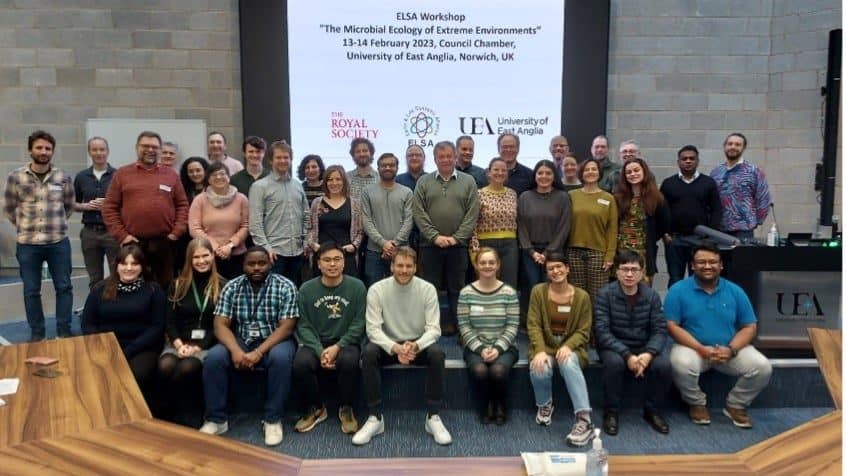
ELSA/Royal Society Workshop on Microbial Ecology in Extreme Environments
Read more >>
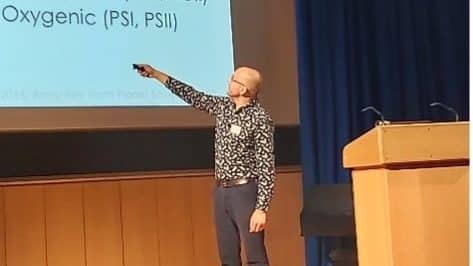
Microbes in Norwich 2023
Read more >>
Peering down the sink: bacterial isoprene metabolism reviewed
Peering down the sink: bacterial isoprene metabolism reviewed
Read more >>
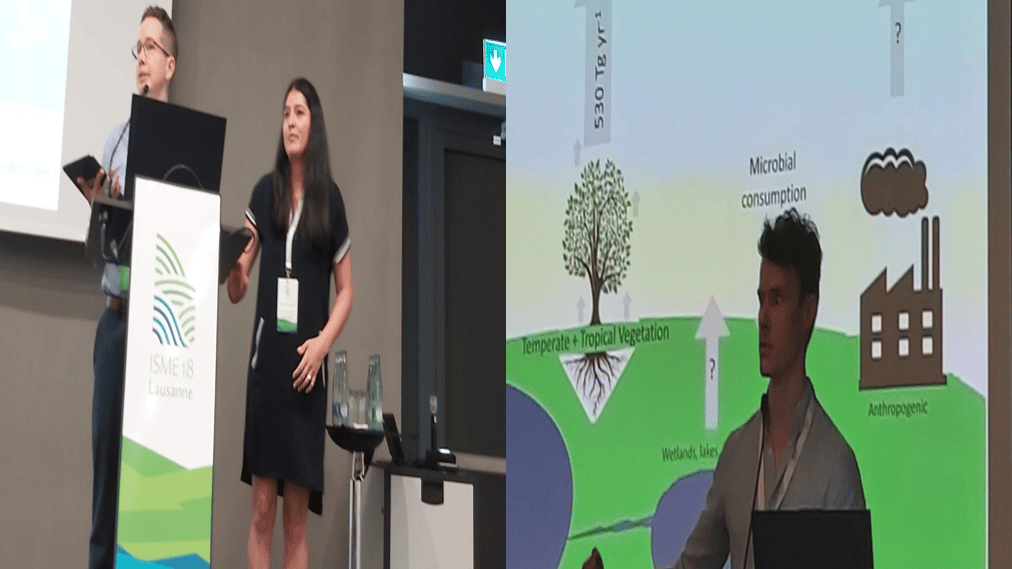
ELSA at ISME-18 and the C1-GRC
ELSA Lab members were very well represented at the International Society for Microbial Ecology Symposium in Lausanne, Switzerland in August.
Read more >>
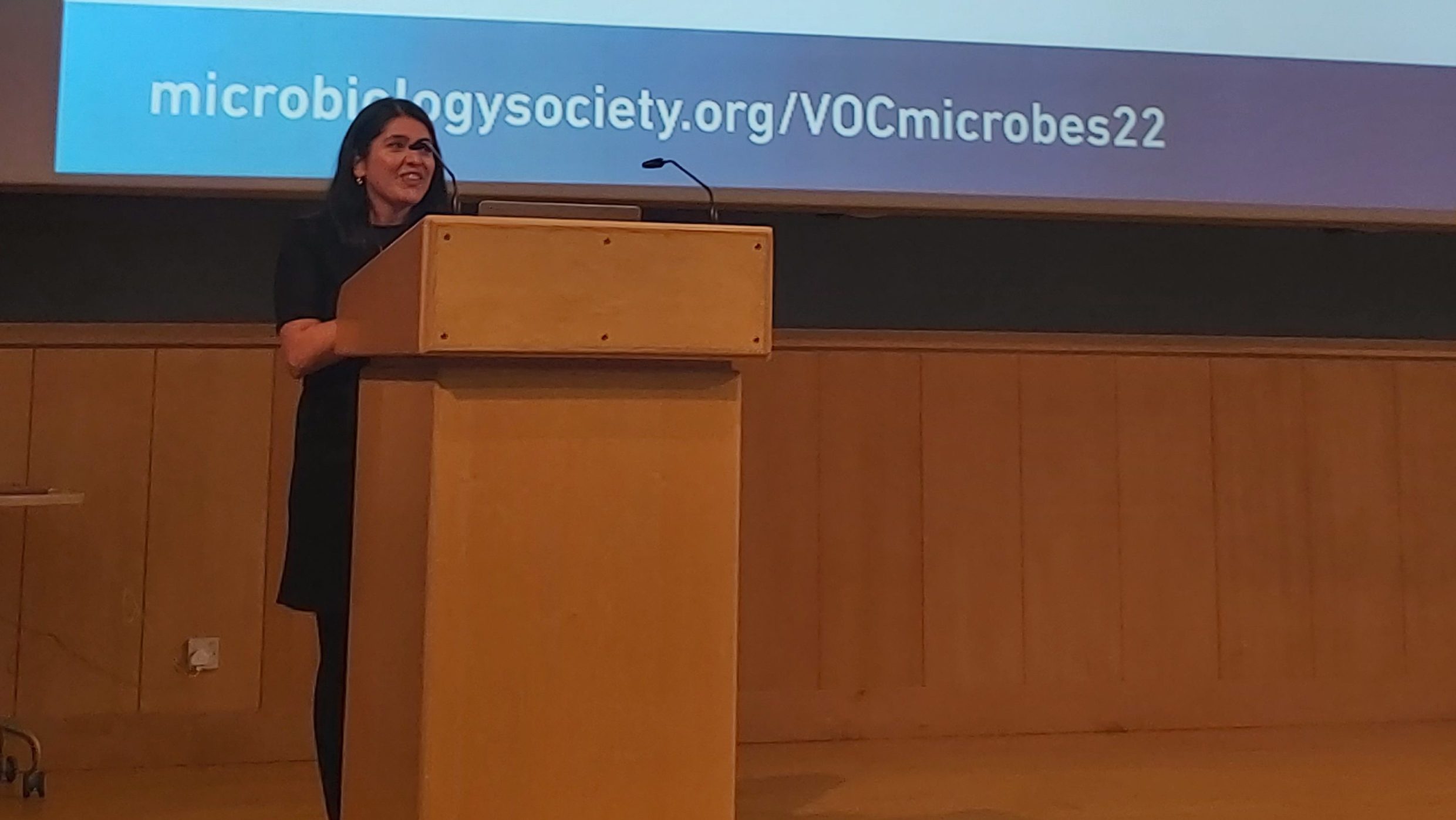
The NRP hosts VOC Microbiology Symposium in May
ELSA researchers helped organise a Microbiology Society-funded thematic symposium on the Microbiology of Volatile Organic Compounds at the JIC Conference Centre 25-26th May 2022.
Read more >>
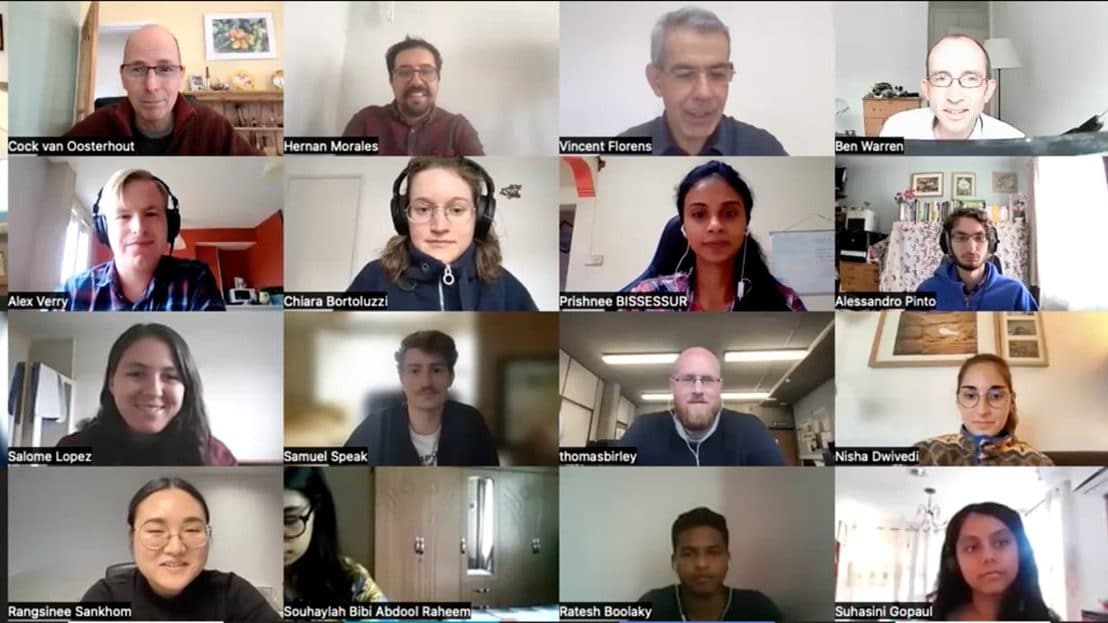
Conservation genomics of threatened birds
Conservation genomics is a fast-growing multidisciplinary science.
Read more >>
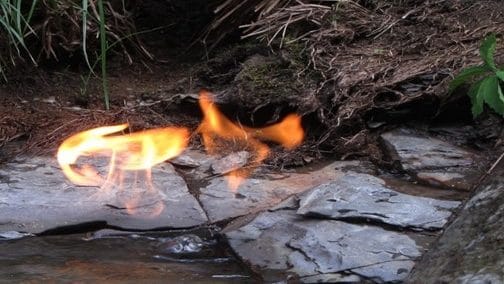
Metabolic versatility of microbes consuming natural gas in the environment
Thermogenic methane of geological origin (often termed as “natural gas seeps”) are responsible of the release of ~45 million tonnes of methane per year.
Read more >>
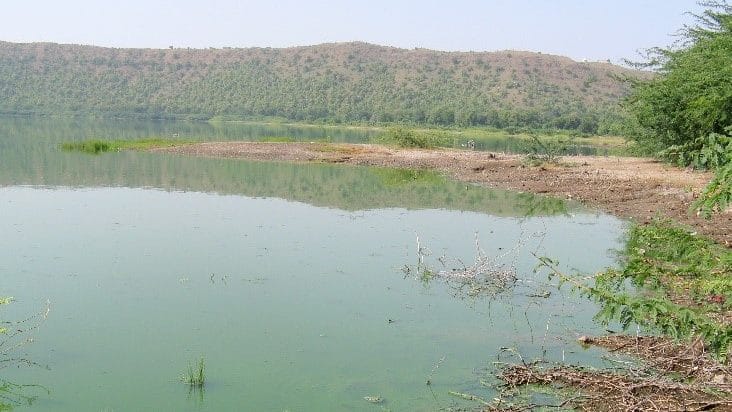
Identifying microbial drivers of greenhouse emission from wetlands
Wetlands comprise 8% of all land area on Earth and contribute to global greenhouse gas emissions.
Read more >>

Grant success from the Royal Society
Congratulations to Royal Society Dorothy Hodgkin Fellows Laura Lehtovirta-Morley and Marcela Hernandez who have both been awarded further grants from the Royal Society.
Read more >>
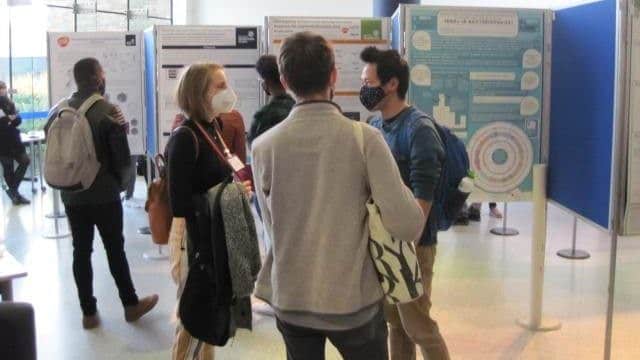
MMEG2021 on the NRP a huge hit
On 1-2 December 2021, Norwich hosted the annual Molecular Microbial Ecology Group Meeting at the John Innes Conference Centre.
Read more >>
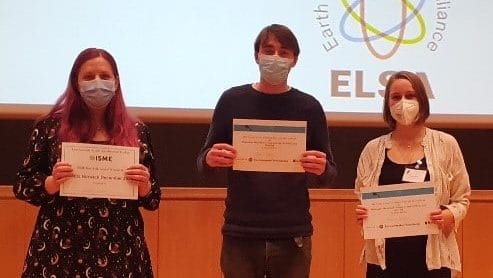
Success for ELSA Lab Researcher at MMEG 2021
Congratulations to Barbora Oudova, a PhD student working with Laura Lehtovirta-Morley in the ELSA lab, who won an ISME prize for Best Talk at MMEG 2021.
Read more >>
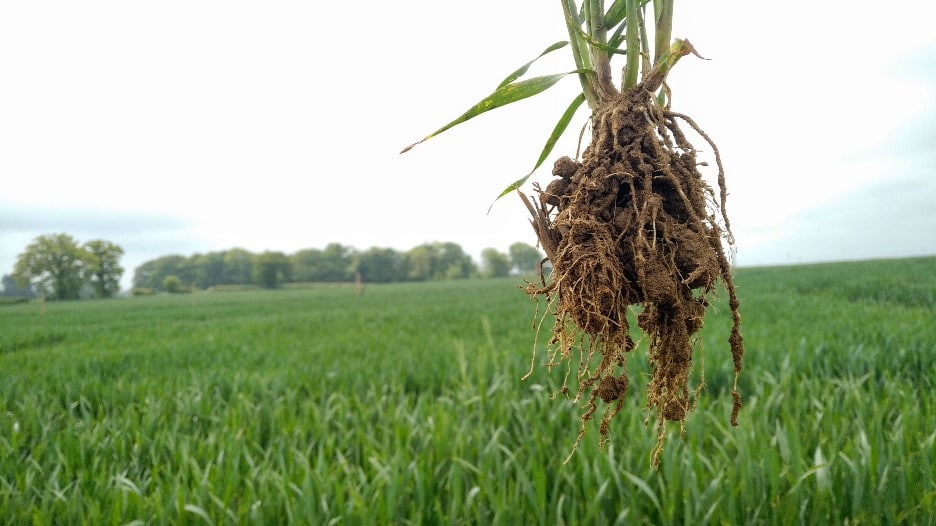
The root microbiome keeps plants healthy by providing nutrients, drought resilience and protection against disease
As the climate changes, studying the microbiome of roots of crops is increasingly important as we seek new strategies to boost crop yields and resilience.
Read more >>
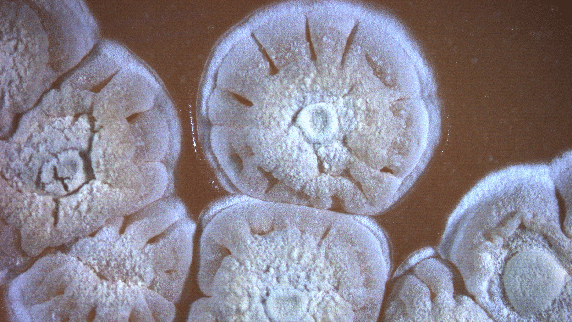
The recruitment of Streptomyces bacteria to the plant root microbiome
Streptomyces bacteria produce many specialised metabolites, including half of all known antibiotics.
Read more >>
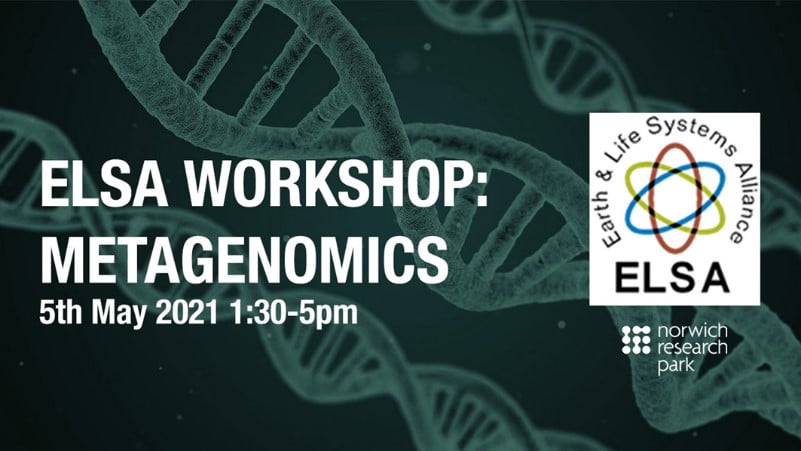
3rd ELSA Workshop: Metagenomics and Related Techniques, 5th May 2021, 1:30-5:00pm
On 5th May 2021 we held our third ELSA Workshop on Metagenomics and related techniques.
Read more >>

The Red Queen Runs Riot
The COVID-19 pandemic has reminded us about the fragility of our human society, and we are still struggling to find the right balance between economic growth, the environment, and human health.
Read more >>
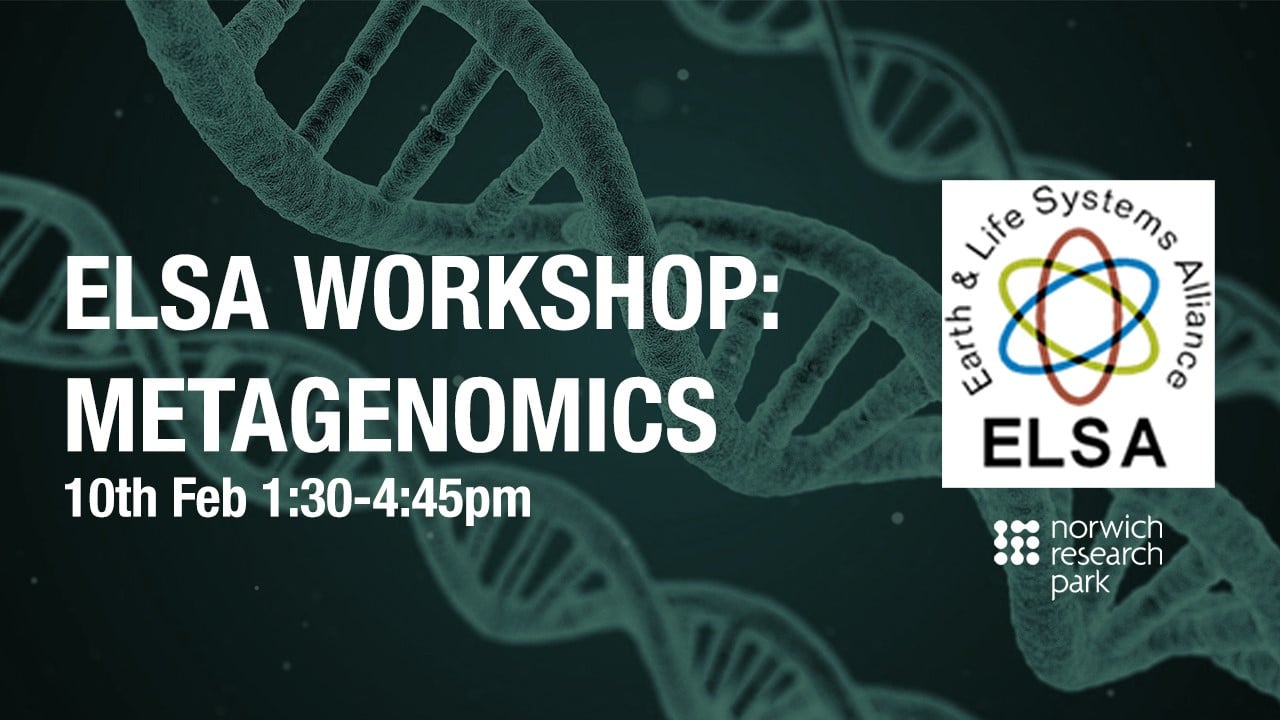
A second ELSA Workshop on Metagenomics and Related Techniques was held earlier this month and attracted around 140 registrants from across the Norwich Research Park.
Read more >>
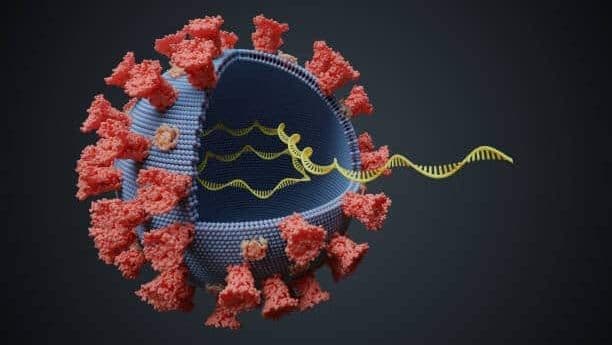
COVID-19 evolution
Several new variants of SARS-CoV-2, the causative agent of COVID-19, have emerged over the past year.
Read more >>
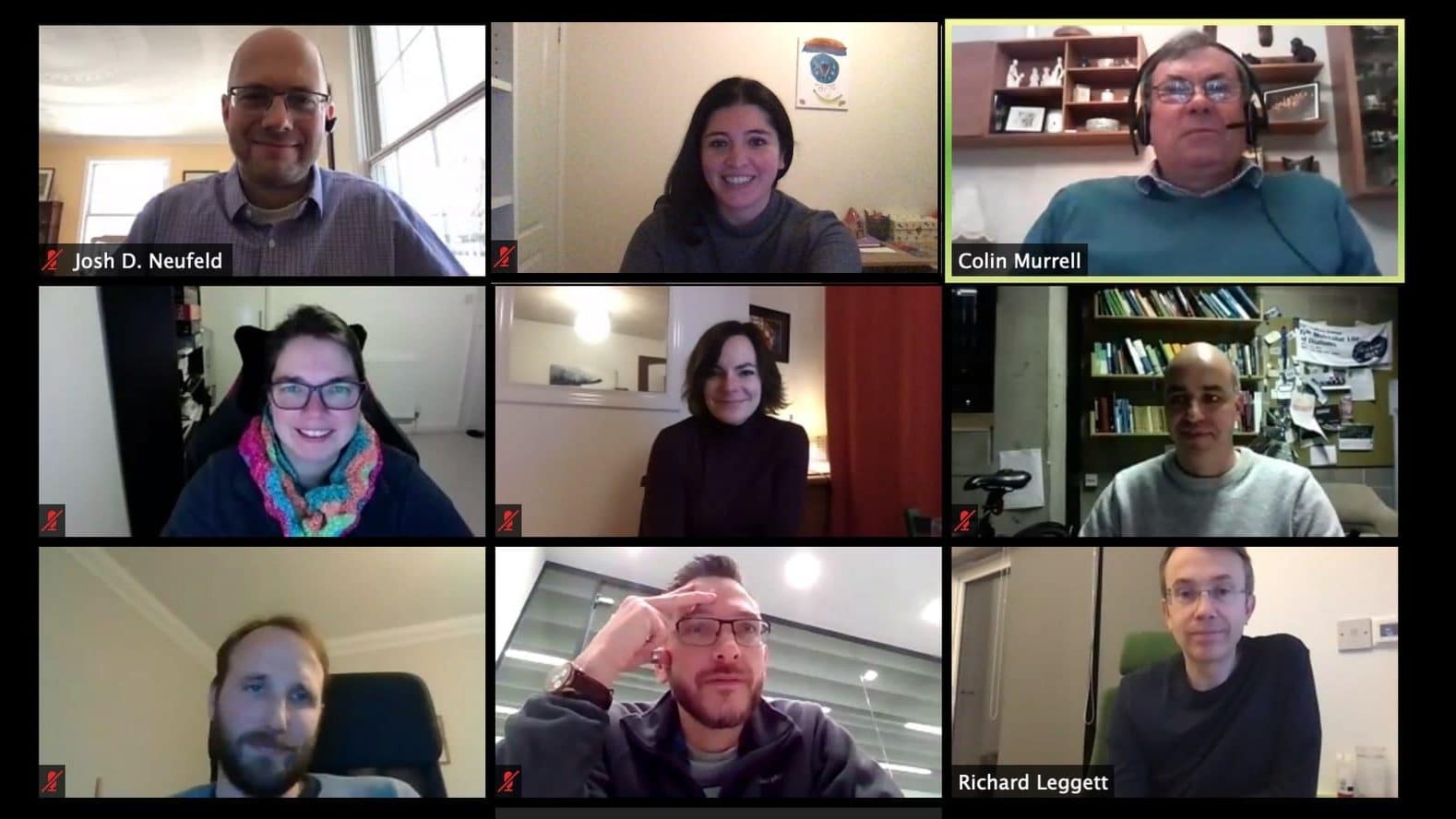
ELSA Metagenomics Workshop December 2020
The “Metagenomics on the NRP” virtual workshop, organised by Colin Murrell, Alison Mather and Falk Hildebrand, proved to be a very popular afternoon of science with nearly a hundred attendees.
Read more >>
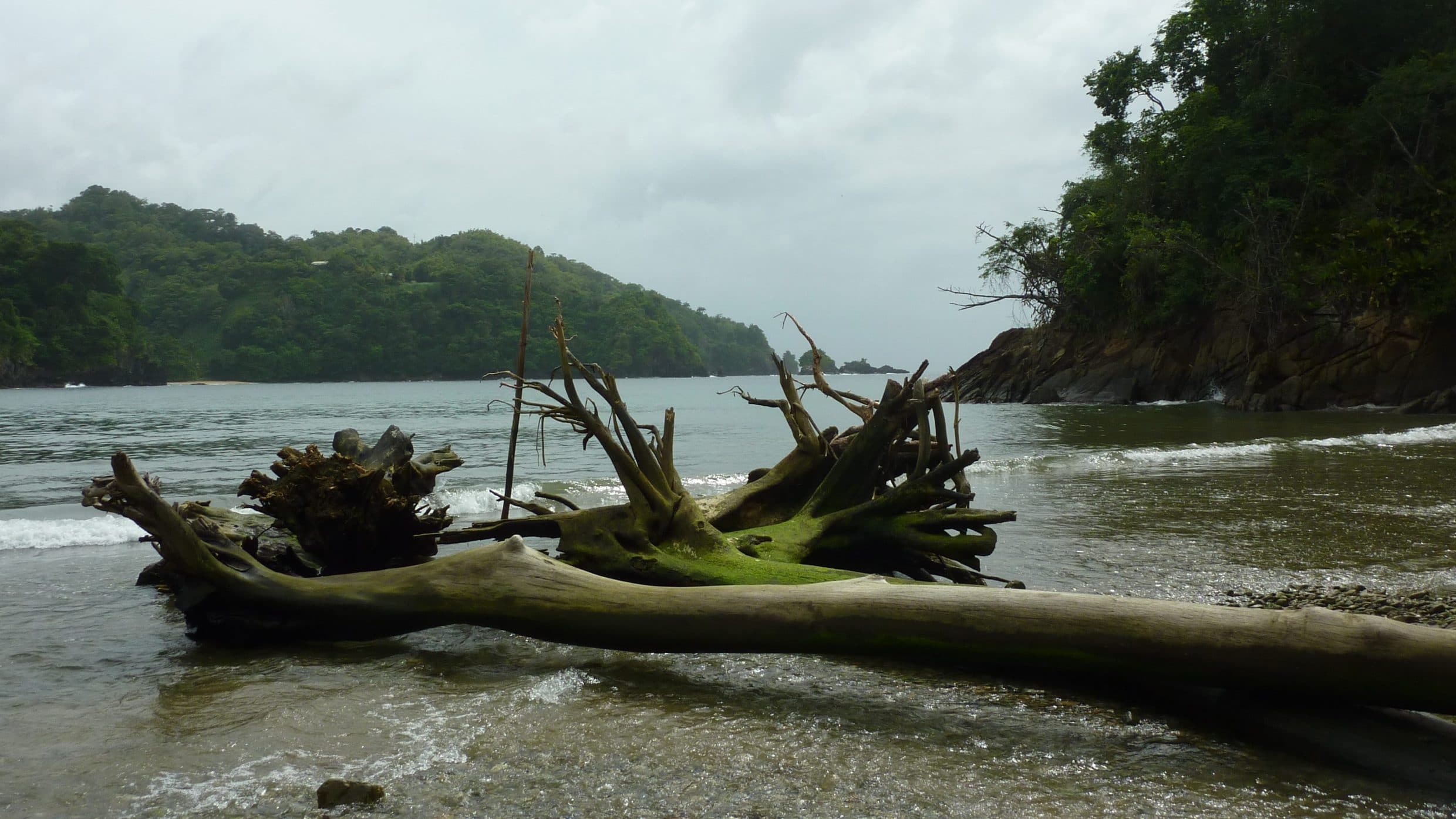
Coastal Erosion
The impact of humans on the environment can have dramatic consequences on the spread of emerging infectious diseases (EIDs).
Read more >>
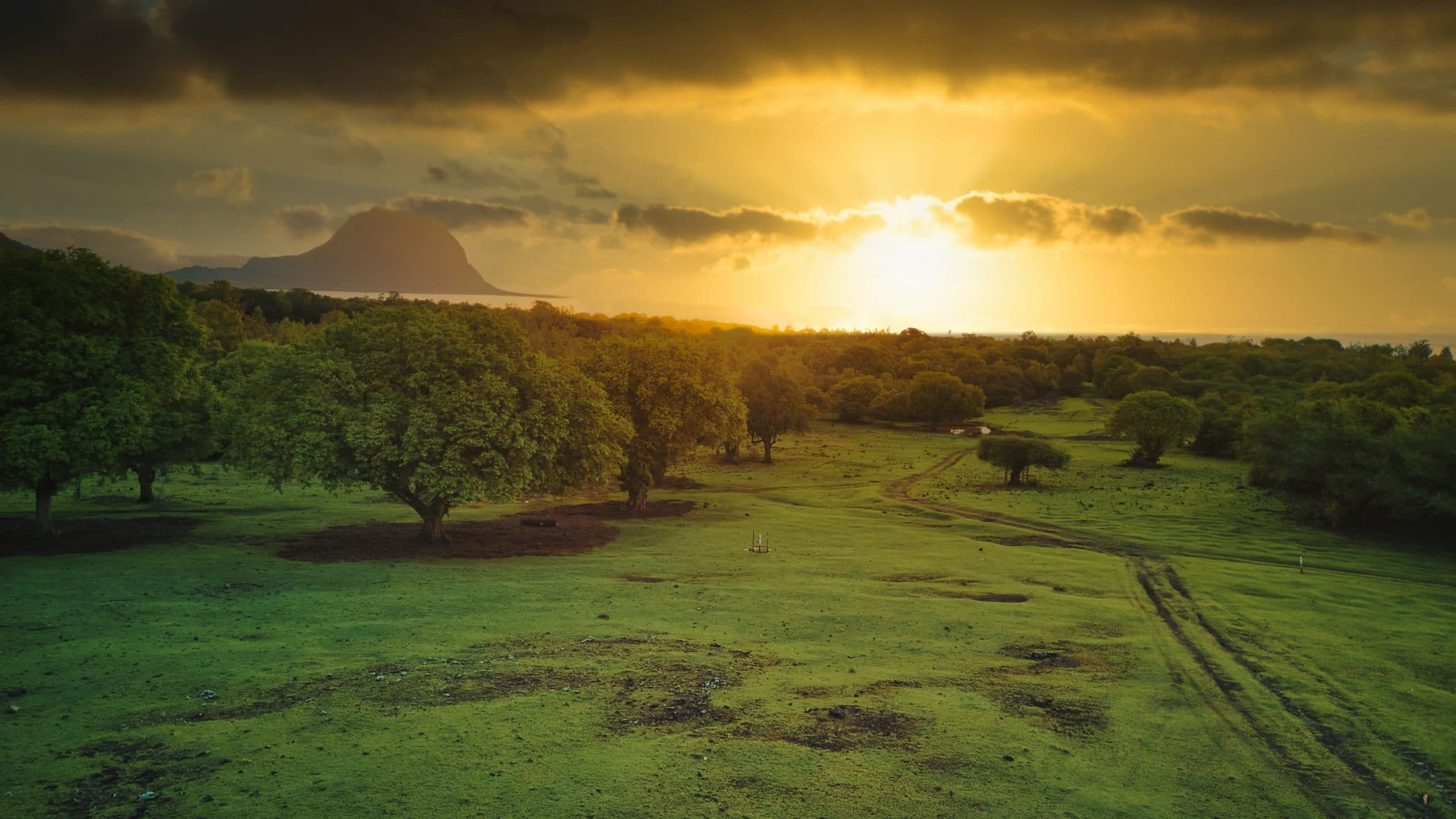
ELSA Workshop: Conservation and genomics of Mauritius birds
A virtual workshop to take place on 4 November 2020
Read more >>
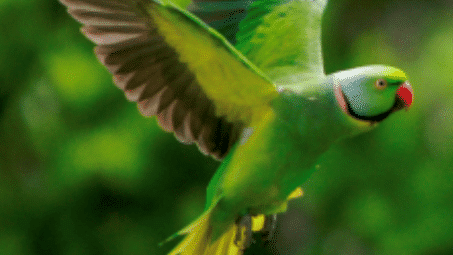
Conservation genomics informs the management of three threatened bird species of Mauritius
Threatened bird species of Mauritius: pink pigeon (top), echo parakeet (middle) and the Mauritius kestrel (bottom).
Read more >>
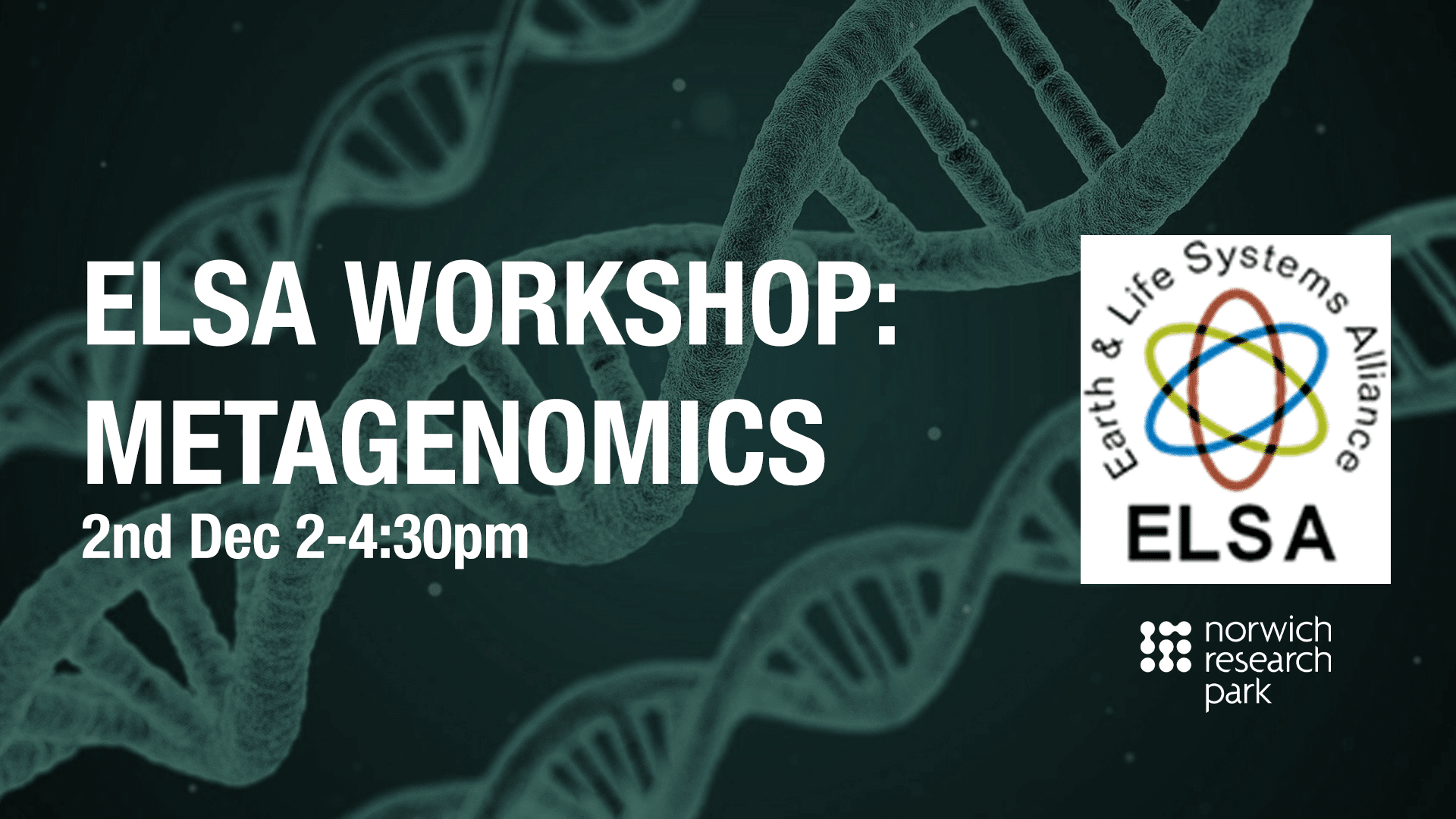
ELSA Workshop: Metagenomics
We invite you to participate in this Virtual Workshop on Metagenomics and related techniques on Wednesday 2nd December 2020 at 2-4:30 pm.
Read more >>
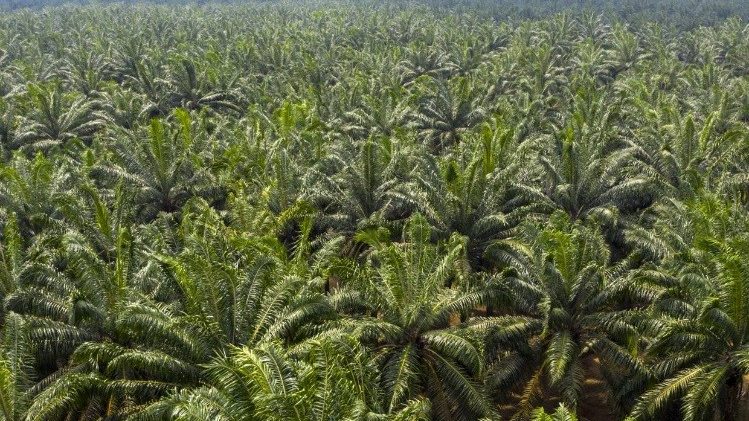
Oil palm trees harbour novel bacteria that degrade the climate-active gas isoprene
Isoprene is released to the atmosphere by trees in similar amounts to those of methane, and can cause both global warming and cooling effects.